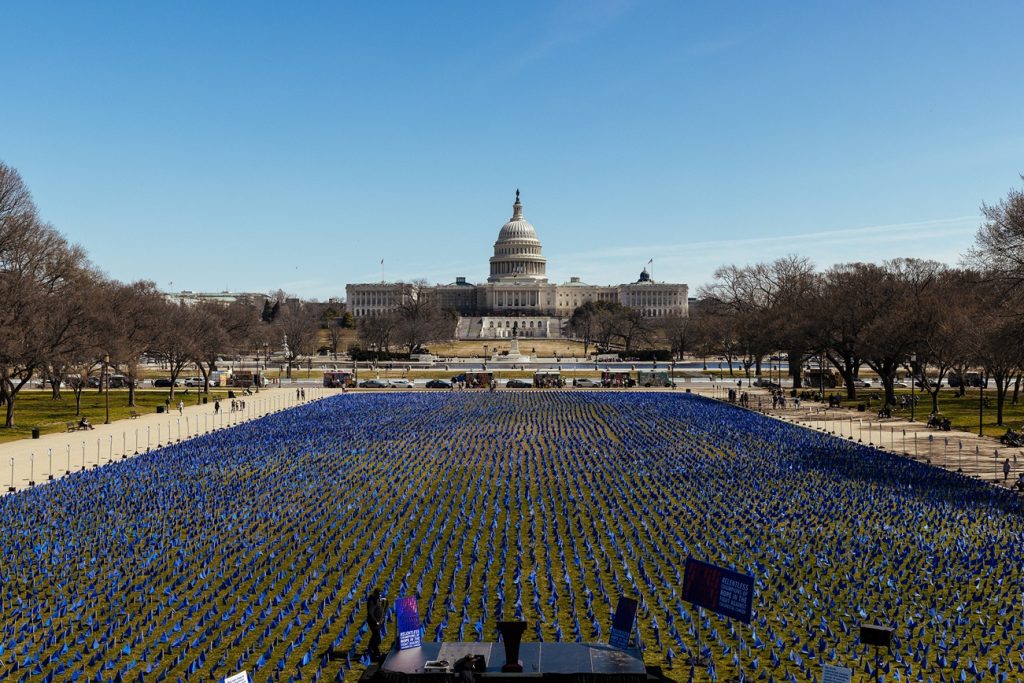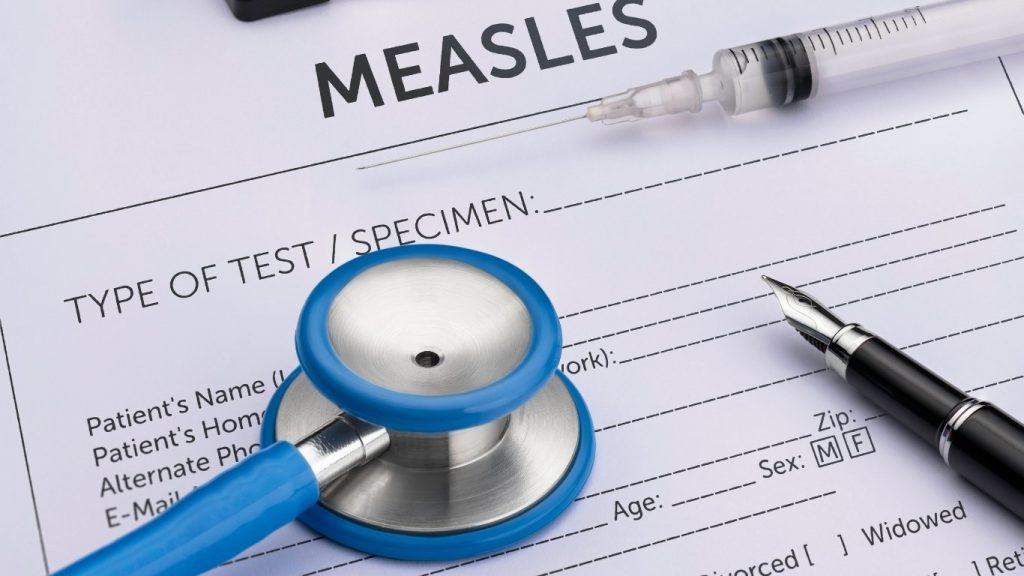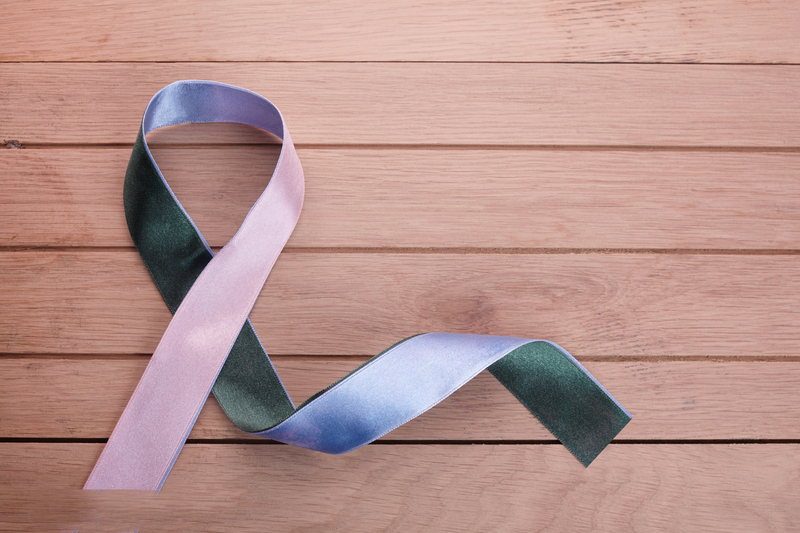- By Adjoa Kyerematen

Most people at some point in their life will experience anxiety—a sense of fear or uneasiness within a certain circumstance or in anticipation of an important event. For example, “stage fright” is a type of performance anxiety where the experiencer is overcome with nervousness to appear in front of an audience.
However, I would like to focus on a different kind of specialized anxiety: social anxiety. Social anxiety is characterized by the fear of being negatively judged by other people that leads to feelings of embarrassment, inferiority, self-consciousness, and other neighboring emotions. Being socially anxious is a good thing but only to a certain degree. In order to positively socialize with others—a necessary skill for survival—our amygdala alerts us when we might be exhibiting behavior counterproductive to that goal. Yet, social anxiety becomes a problem (or a disorder) when it occurs in “irrational” circumstances. In a study conducted in the United States, racial/ethnic minorities express higher rates of social anxiety than the White majority (Cathey et al., 2014).
Naturally, this finding applies to Black and Brown people. Black and Brown people inhabit a country where we are the racial/ethnic minority. Moreover, due to this fact, we often find ourselves in spaces where we are the minority still: cities, neighborhoods, schools, classes, clubs, dormitories, and the list could go on. Speaking as a Black person who exists as a minority in these spaces more times than not, there is a degree to which I worry more about my self-expression and how I am perceived. One well-known way of self-monitoring is “code-switching”, wherein someone changes their typical manner of speech in order to temporarily assimilate with their immediate context. There persists a fear that, as a Black or Brown person, if you spoke as you might at home or around like-identified peers that you will be perceived as less intelligent. As a result of that perception, other assumptions about you might be made—particularly other negative stereotypes associated with your racial identity.
Code-switching is not exclusive to Black and Brown people in predominantly White spaces, but it is common and a good demonstration of race as a factor of social anxiety. Incorrect, negative assumptions made about Black people and Brown people tend to have more negative consequences concerning their safety and livelihood than the negative stereotypes of other races. For example, the stereotype that Black and Brown people are less intelligent could preclude them from opportunities of upward mobility at work. And the stereotype that we are inherently more dangerous or violent predisposes us to experiencing more violence from law enforcement.
In my own life, I have known what it is like to be surrounded by people who look like me, and I have known what it is like to be the only Black person (even the only person of color). When I am the only Black person, my racial identity feels like a burden; I feel as if I am carrying the weight of my race’s reputation on my shoulders. I can’t help but wonder, “If I am one of only a few Black people that they have met, what will they think of Black people AFTER they meet me?” The social anxiety extends to moments when it seems like everyone else is privy to information or “in” on an inside joke that I feel I could understand if I were White.
By contrast, in my first year of college at the University of Southern California (USC), I lived in a Black community called Somerville. In this community, I did not feel the social anxiety of not understanding something because of my racial identity; in fact, our racial identity made us feel united in Somerville and altogether at the university—despite the fact that we do have many differences amongst us. Formal and informal settings alike, Black and Brown people are at a higher risk for
experiencing social anxiety than White people because of our racial identity, which can lead to social isolation and depression. The best solutions for easing the potential pressures of race-related social anxiety are to increase racial diversity in spaces and/or to create safe spaces for minorities.
Trending Topics
Features
- Drive Toolkit
Download and distribute powerful vaccination QI resources for your community.
- Health Champions
Sign up now to support health equity and sustainable health outcomes in your community.
- Cancer Early Detection
MCED tests use a simple blood draw to screen for many kinds of cancer at once.
- PR
FYHN is a bridge connecting health information providers to BIPOC communities in a trusted environment.
- Medicare
Discover an honest look at our Medicare system.
- Alliance for Representative Clinical Trials
ARC was launched to create a network of community clinicians to diversify and bring clinical trials to communities of color and other communities that have been underrepresented.
- Reducing Patient Risk
The single most important purpose of our healthcare system is to reduce patient risk for an acute event.
- Victor Mejia
- Subash Kafle
- Jessica Wilson

















